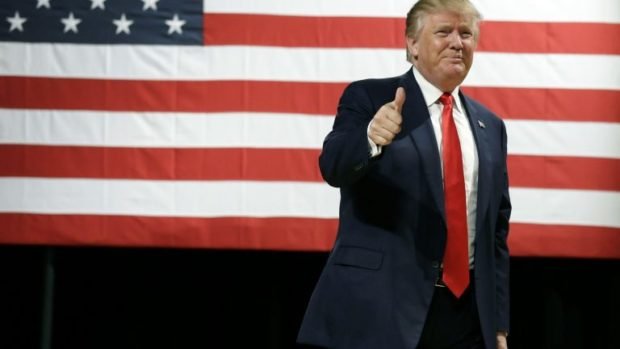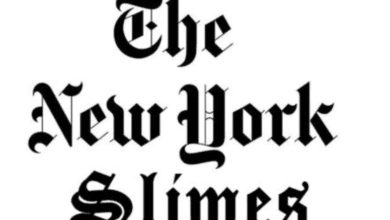Fed Hikes Rates To Highest Levels Since Eve Of 2008 Financial Crisis

The Federal Reserve hiked its benchmark federal funds rate by a quarter of a percentage point on Wednesday, the 10th in a series of hikes that began in March 2022.
The rate hike brings the Fed’s target rate within a range of 5% and 5.25%, with the Fed continuing its series of rate increases. Most economists anticipated a quarter point interest rate hike in an effort to bring inflation down, but many expect this will be the last rate increase in the series.
As of Wednesday morning, markets were predicting almost 100% odds that the Fed would hike rates by a quarter-point, according to CNBC. With the latest rate increase, the Fed funds rate is now at its highest level since 2007, prior to the 2008 financial crisis.
“What’s most important is how they convey the potential for a pause going forward,” Collin Martin, fixed income strategist at Charles Schwab, told CNBC. “How do they do that while also probably leaving the door open a little bit? That will be a balancing act between suggesting a pause is in the cards but still is dependent on incoming data should inflation turn higher going forward.”
There is a conflict in goals at the Fed because reducing inflation through interest rate hikes contributes to banking sector turmoil, Peter St. Onge, research fellow in economics at the Heritage Foundation previously told the Daily Caller News Foundation.
“Higher rates put more stress on banks,” he said. But lower rates enable inflation to persist and can signal distress.
“I think the general expectation is that the Fed will raise their interest rate target range by 0.25 percent but that they will signal a pause in rate hikes thereafter,” Dr. Thomas Hogan, senior research faculty at the American Institute for Economic Research and former chief economist for the Senate Committee on Banking, Housing and Urban Affairs, told the DCNF.
“Following the recent failures of Signature Bank and Silicon Valley Bank (SVB), many speculated that the Fed might cut rates,” he added. “Instead, they chose to continue their rate increases.”
The U.S. economy slowed more than expected to 1.1% in the first quarter of 2023, according to the Bureau of Economic Analysis (BEA). Low GDP, high inflation and rising interest rates added to concerns about the possibility of an upcoming recession, according to The Wall Street Journal.
Content created by The Daily Caller News Foundation is available without charge to any eligible news publisher that can provide a large audience. For licensing opportunities of our original content, please contact licensing@dailycallernewsfoundation.org




